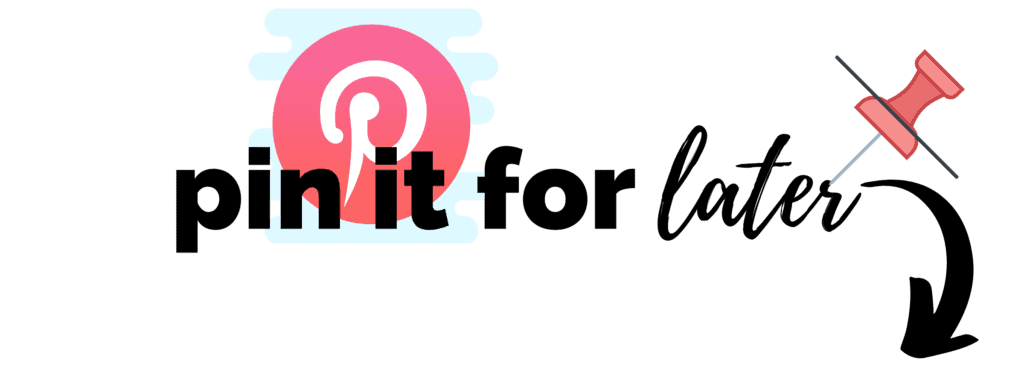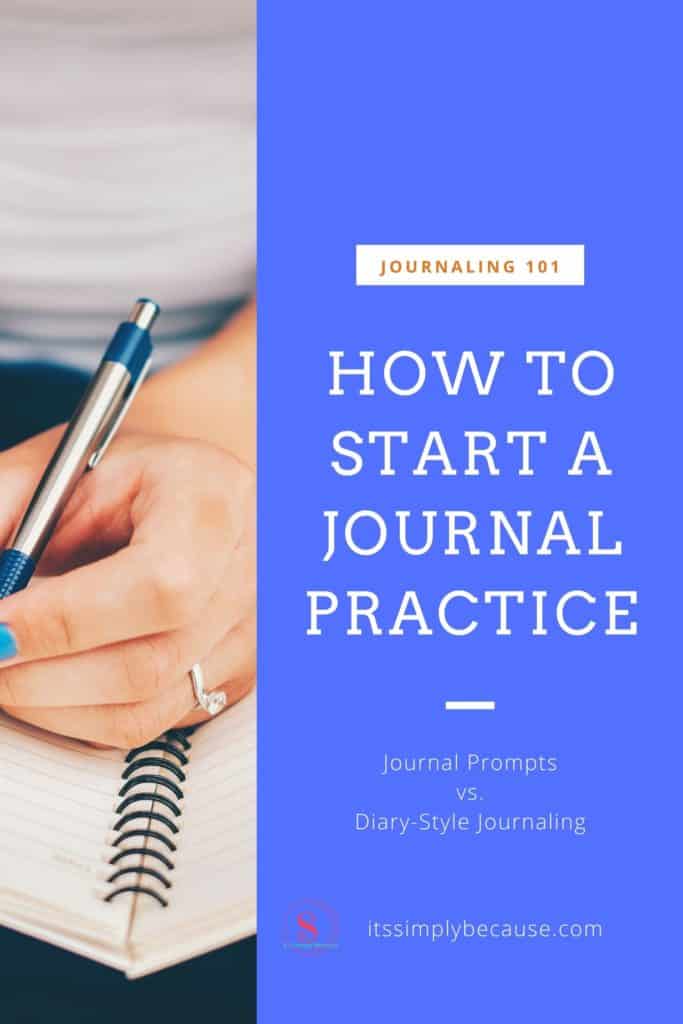Journal Prompts or Diary-Style Journaling?
What’s the best way to start a journaling practice? Should you write longhand or use journal prompts to spontaneously guide you?
There are 101 reasons to begin a journaling practice and when you start out you will probably begin as many people do. You will start with a lofty goal of writing about your day and the different things that occurred over the course of your day. If you do this, it’s likely to be a brief habit that doesn’t take hold.
Writing this way is tedious and over time will become something you don’t look forward to doing until eventually, you aren’t journaling at all. Most people find diary-style writing boring and a method of journaling they can’t stick to for long.
Instead, try journaling by answering a question or in other words a journal prompt. This method is especially helpful when you are starting your journal or working towards a goal.
Why Are You Journaling?
The first journal prompt you could start with is ‘why you are journaling to begin with’. Answering this question can splinter off into various other questions, but answering this initial one is vital to getting starting. You need to know your ‘why’ to help make your new journaling practice successful. It’s important to establish what your goal is, and what you want to get out of journaling from the beginning. Remember, to be honest with yourself while doing this, and don’t worry if you have more than one reason for starting a journaling practice. List all of your reasons, letting the ideas flow.
What Are You Looking for in Your Journal?
It’s a good idea to base your journaling on your ‘why’ and what you want to accomplish in the long run. Your goals. This way when you are reviewing your journal entries you can find patterns that lead to things you may be experiencing like anxiety or depression. It’s possible it could lead you to other things that may be derailing you in your daily life too. For example, you may be looking for triggers in your life that are causing negativity or undue stress. You can figure out all sorts of things when you go back and review your journal entries. Just remember to keep writing it out and eventually you’ll work it out.
Who Will See the Journal?
Who sees your journal is entirely up to you. You can keep it private, for your eyes only, or you may post it online for others to see in the form of a blog. You need to know how you plan on journaling and if you do it in the form of an online blog, you need to know who you are going to share it with and if they will be allowed to comment on it. This may lead to what entries you allow to be public and read versus the ones that are strictly yours and private. This will also help you weigh the pros and cons of sharing the journal.
Why Did you Choose this Journal?
Journals in and of themselves are their own genre. There are so many types of journals and formats. It can be overwhelming.
Why you decided to use a particular type of journal says something about the kind of journaling you are planning to do. For example, if you choose a devotional journal you may be working on your spiritual connection. Where a weight loss journal, as another example, shows you are working on health and possibly fitness goals.
Check out my post on 10 Types of Journals You Can Use to Achieve Your Goals for more ideas and examples.
How Do I Journal?
Me personally, I prefer to journal in private. I do my journaling in a digital journal via the GoodNotes app on my iPad using my Apple pencil. It’s private and I prefer the digital format. Most of the time I use journal prompts to get me started. It makes the words flow easier.
Also, check out my various digital journals in my shop. I have a digital migraine tracker, a digital gratitude journal, a digital fitness tracker, and a digital undated planner. All are compatible with GoodNotes or Notability.
Final Thoughts
In conclusion, the idea of asking these four questions may lead you to more questions but I believe it will start expanding your experiences by digging deeper into patterns in your life to help you achieve your goals.
In fact, you may start out with one goal and then find yourself taking another path after working through answering these questions. Goals and paths change. Keep an open mind and work through the questions at your own pace and consider adding some type of journal prompts to your daily journaling routine to keep you moving in the right direction. In closing, it is important to remember while working through these questions or other daily journal prompts, to write down any additional questions that come up. Then turn those questions into the subsequent days’ journal prompts if you feel the question needs more work.
Sharing is caring. I 💖 Pinterest.



Certified Nutrition Coach (NASM)
Behavior Change Specialist (NASM)





